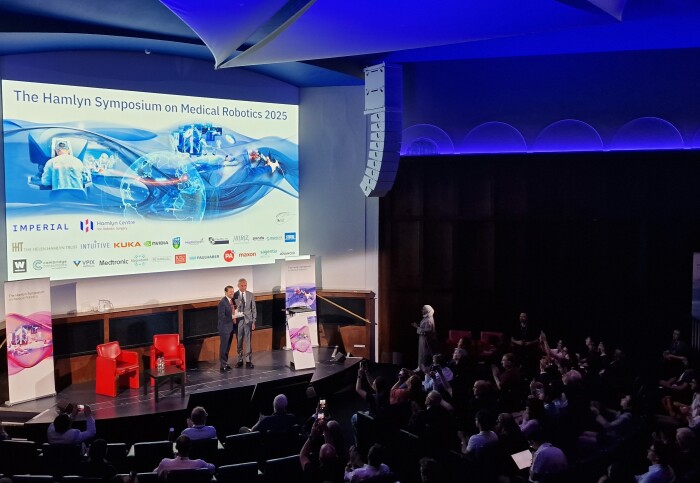Institute of Infection – Science Communication Unit collaboration
Introduction
The Institute of Infection and Imperial’s Science Communication Unit are pleased to announce the second call for our Collaborative Science Communication project.
We are calling on infection researchers across the College – including early career researchers – who would like to collaboratively develop innovative communication pieces with Science Communicators in Residence.
You will be paired with a small group of Imperial's Science Communication Masters students, each of whom has a background in science as well as practical media skills (e.g., as writers, video and audio makers). They also can provide unique humanities and social sciences perspectives that may complement traditional means of communication.
Working together, you will develop innovative communication pieces that can be centred on your work and/or can address other infection-related questions. We also encourage you to explore the mission of the Institute to promote interdisciplinary activities. Projects may range from more traditional digital pieces (long reads, videos, infographics) to more innovative endeavours such as a gallery or performance piece.
How the collaboration works (end of February – June)
This is a collaborative project whose output can be tailored to your needs. It is a unique opportunity to produce something distinct that disseminates your research, serves as a platform for public engagement, and/or brings a new perspective to your research.
Your roles and commitments:
- An initial meeting followed by brief weekly meetings (e.g., 30 mins) with the student
- Share relevant data resources that can be turned into content
- Review of content
Students' roles:
- Will dedicate 3 hours a week to develop the content, tailored to your needs
- Provide expert insight into science communication.
Areas of exploration: The project could be focussed specifically on your own research. Alternatively/additionally, this may be an opportunity to explore more philosophical questions/concepts, e.g.,
- How should scientists tell their stories about infection?
- Infection and disease: science or politics?
- How does research into infectious disease interact with Equality, Diversity and Inclusivity agendas?
- Science and art: can they learn from each other?
How to apply
The deadline for applications for this unique opportunity is 5pm Monday, 13th February.
To apply, please submit an email (infectioninstitute@imperial.ac.uk) with a brief outline (<300 words) of your scientific area/topic and the potential sci comms project you are interested in (e.g., written, multimedia, video). Your idea does not have to be fully formed as this can be further developed with the student(s).
We are offering two-three projects this round, which will be allocated around the students' expertise.
For further queries, please email the Mel Bradnam, Institute Manager (infectioninstitute@imperial.ac.uk) or Dr Stephen Webster, the Science Communication Unit (stephen.webster@imperial.ac.uk).
Previous projects
We invite you to explore an example project(s) from last year's call for applications:
- The Two Sides of Artificial Intelligence: A collaboration between the Communicators in Residence and researchers in the Centre for Antimicrobial Optimisation and Vietnam ICU Translational Applications Laboratory (VITAL).
- Paws for Thought, a video highlighting research using medical detection dogs for infection surveillance in people with cystic fibrosis - in collaboration with Professor Jane Davis - is coming soon.
About the Programme
This scheme is a major component of the Institute of Infection's Communicators in Residence programme, a novel collaboration with Imperial's Science Communication Unit. Now in its second year, this programme leverages the talents of students from the MSc in Science Communication to explore and develop media pieces around interdisciplinarity in infection research, hidden voices in infectious disease, and research culture in an interdisciplinary environment. Each year also brings an opportunity for the infection research community to submit proposals to develop a communications piece in collaboration with our students.
